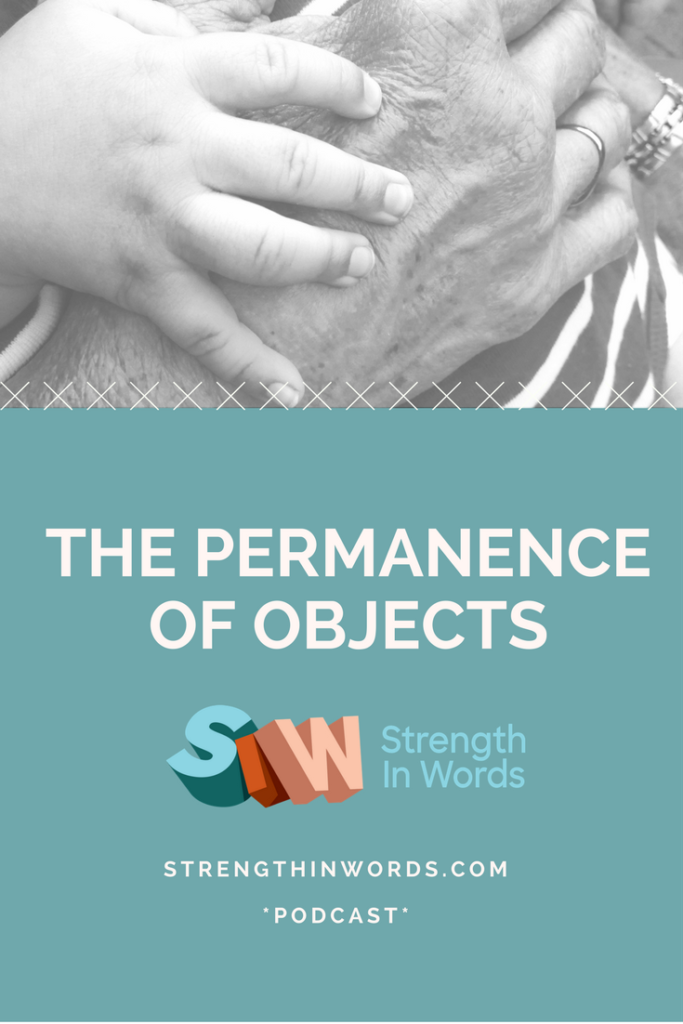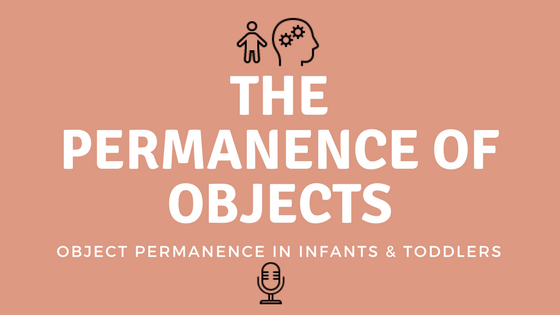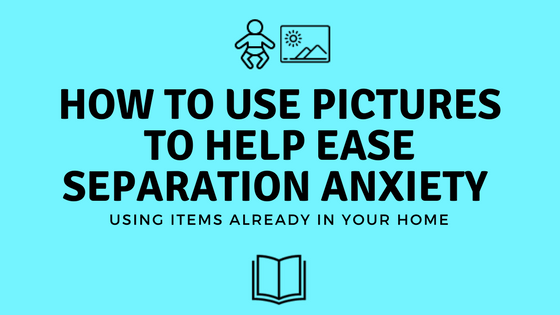There’s a term we all need to know: object permanence

There comes a time in every baby’s life when he realizes he is a separate entity from his caregiver. Mayhem ensues.
Below is a transcript of this episode’s “Developmental Thought,” an excerpt from the full episode.
For additional information, music, play ideas and the complete interactive family experience, please listen to the entire episode.
Talking about things you see, as well as relating experiences about things you have seen is also, in a way, related to object permanence in that a young child must have a mental representation of the object about which you’re speaking.
This, of course, also correlates with the beginning of “symbolic” thought, and there is therefore a good deal of overlap with language (which is the verbal or gestural symbolic representation of objects, people, ideas, etc.).
>>Don’t Miss Our Corresponding Blog Post!<<
Hidden Objects
More specifically, though, having an understanding of “object permanence” signifies that a young child knows that an object or person still exists, even if it’s hidden. So, for instance, your baby watches you place a stuffed animal under a blanket or behind a box… and then knows that it’s there when you ask her, “where’s the bear?”
This is why games and activities that increase your baby’s awareness of and familiarity with the fact that objects out of sight still exist are wonderful ways to help support your baby’s understanding of object permanence.
Many of the activities we’ve done in previous episodes inherently help support the development of object permanence – and many of the play items we’ve made and used can be wonderful props.
I’m thinking specifically about Episode 5, “Visual Supports” and the “Tissue Box of Mystery,” Episode 8, “Building & Supporting Relationships” and the “DIY Photo Mailbox,” Episode 9, “Communication, the 1st 6 months” and the “Corks in the Box Shaker,” and Episode 11, “Assuming Intentionality” and the “Scarf Song Prop.”
Easing Separation Anxiety
This episode’s corresponding DIY object, the “Familiar Family Book,” gets to the heart of helping your baby understand that you haven’t left “for good,” and helps to make sure there are nice reminders of you and other familiar people in his environment when you are not present.
In my opinion, “peek-a-boo” is the ultimate game for developing and appreciating object permanence, with the added benefit of the main attraction being your baby’s favorite thing to look at – your face!
Simple games and social routines like these are great helpers for developing an appreciation for and familiarity with the fact that we are here even when hidden.
This is not to say that playing peek-a-boo will simply generalize into easing separation anxiety each time you leave your baby, but it helps give her the tools to understand the concept as a whole.
Peek-a-Food
It’s important to remember, too, that your little one’s “experiments with gravity” are also part of this cognitive growth – when she drops a spoon or piece of food to the ground from her high chair, and then looks over the edge for it, giggling demonically… this is her testing the hypothesis that object permanence applies to all things in all situations.
She’s essentially playing peek-a-boo with her food. Yes, it’s frustrating, and yes, it’s messy. But it’s also what learning looks like.

